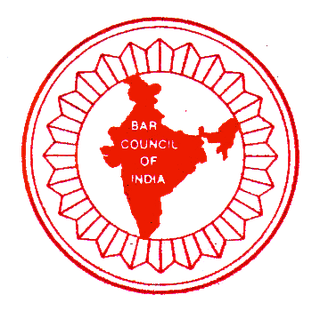Nithyakalyani Narayanan. V
The Delhi High Court allowed the petition of Daeyoung Jung, a Korean national, requesting to be enrolled as an Advocate and directed the Bar Council of India to process his enrolment application soon in accordance with the law. The Korean national had graduated from a law university in India seven years ago.
The Court set aside the BCI’s order which rejected his request for permission to be enrolled as an advocate. The BCI had held that“duly qualified citizens of India have not been shown to be permitted to practice law in South Korea, the petitioner would be disentitled” in terms of the Proviso to Section 24 of the Advocates Act, 1961. Section 24(1)(a) of the Act states that only Indian citizens could qualify to be admitted as an advocate on a state roll. A foreign national may be admitted as an advocate on a state roll under the proviso to this Section if the duly qualified Indian citizens are allowed to practise in the foreign national’s nation.
According to Justice Yashwant Varma, the petitioner’s application for enrolment, “harboured apprehensions with respect to the petitioner’s application for enrolment as being a precursor to a deluge of foreign lawyers entering India and for such foreign lawyers raising identical claims for enrolment”. The court added that the petitioner was not a foreign advocate claiming the right to open his own law firm in India and that the BCI had failed to notice this. The Court held that the proviso to Section 24(1)(a) of the Act creates an exception for foreign nationals who may compete for enrolling, therefore the Advocates Act does not fully bar them from consideration for enrolment.
The single-judge Bench held that the proviso refers to ‘citizens of India’ and not to ‘advocates’, who are allowed to practise law in any other foreign country, if properly qualified. The court highlighted that “citizens of India duly qualified” rather than “advocates duly qualified” is what is meant in the proviso to Section 24(1)(a). The bench said, “it is therefore manifest that the expression “duly qualified” is intended to mean an Indian citizen holding a qualification which enables him to practise the law in foreign nations”.
The court further noted that the petitioner had inquired about the possibility of Indian nationals enrolling themselves in the bar to practise law in South Korea with the President of the Korean Bar Association and the Ministry of Justice, South Korea. The court cited the authorities’ response saying there was no bar and anyone who was interested might take the bar exam. Hence, the court ruled that both South Korean and Indian applicants are covered by the pertinent provisions of Korean law, completely dispelling any suspicions of discrimination.
The court said that the BCI’s inquiry on why the petitioner did not pursue Indian citizenship was “wholly immaterial and uncalled for” and had “absolutely no relevance for the purposes of considering his application for enrolment with the Bar”.
Considering the reasons, the Court allowed the writ petition and quashed the order. Also, directed the BCI to process the petitioner’s application for enrolment.
Name of the Case: Daeyoung Jung v. Bar Council of India & Anr.
Citation: 2023:DHC:3810.
Bench: Justice Yashwant Varma.

